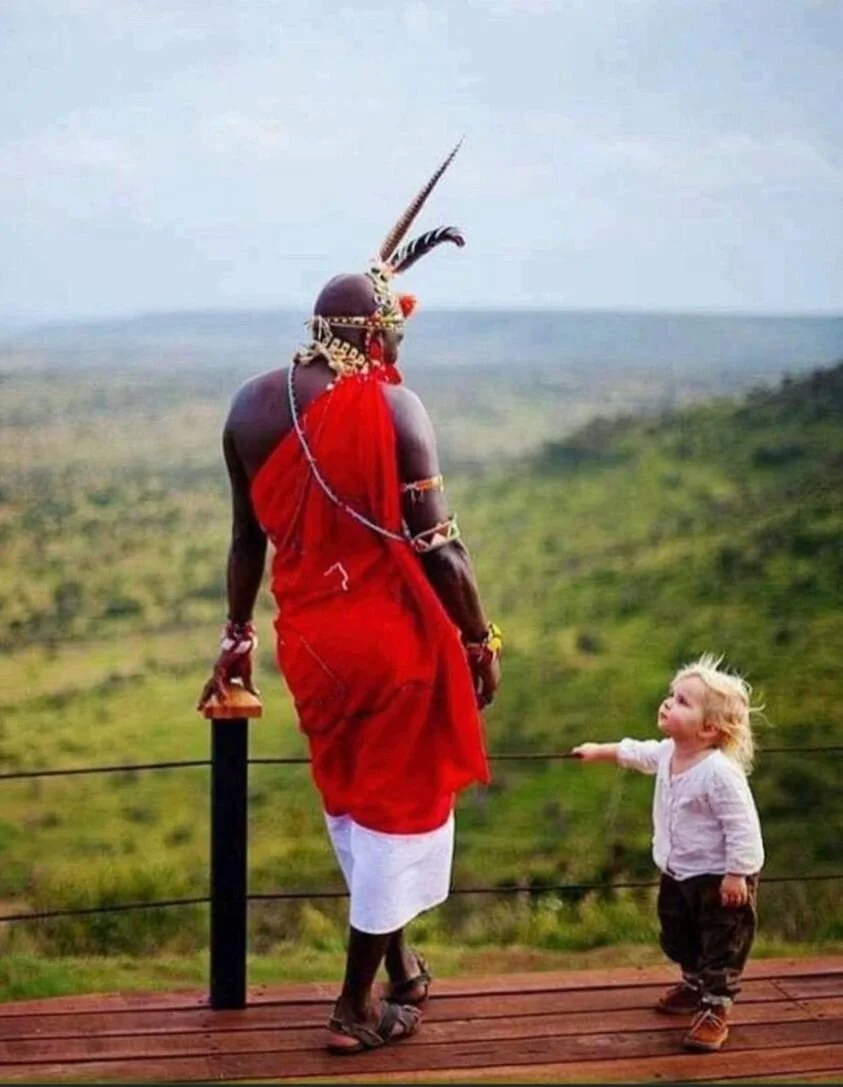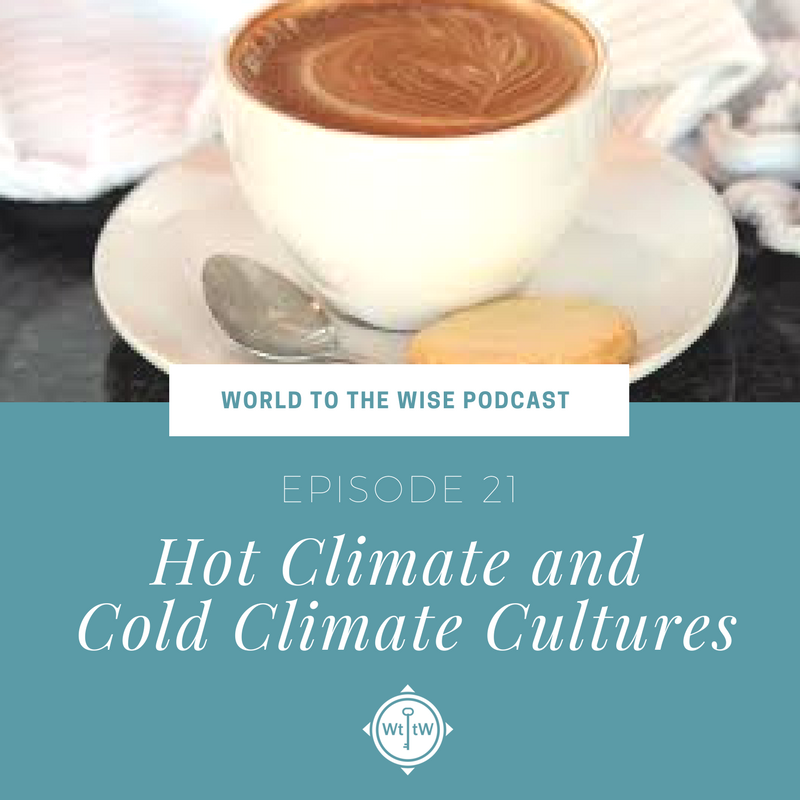My wife came across this piece the other day and I had to share it with you, although it loses some in translation from the original Italian. It's by poet, singer-songwriter and adventurer Gio Evan and reminds me of a favorite Mark Twain quote (which you can read here). As we begin dreaming and planning the adventures we hope to resume in 2022, it's particularly a propos.
But it's your NAME
What Is Patriotism?
I'm reading David Livermore's excellent book, Cultural Intelligence, where he encourages the reader to develop his or her "CQ" (culture quotient) "to engage our multicultural world". You may have heard me refer to Livermore before, and you certainly will again. My wife and I are developing and co-teaching a brand new high school course called Global Studies, and David Livermore is an invaluable resource. I relate to Livermore in so many ways. He has obviously spent a good amount of time overseas and is passionate about understanding other cultures. He rightly points out that part of the journey to cultural intelligence is understanding one's own culture better. And as we get to know ourselves better, collectively speaking, we'll be less likely to project our own cultural values on others. (Enter Socrates' "Know thyself" on a collective level.) I also relate to Livermore's experience of at times feeling great pride in his American nationality, and at other times great shame and embarrassment.
Wisdom, of course, lies in avoiding both extremes (again!). The truth is, "there are aspects of American culture we should embrace...aspects we should protest and redeem...and many aspects that are simply different from how other cultures live, neither expressly good nor expressly bad."
So what does it mean to be patriotic? Does it mean to trumpet your country's greatness and pretend all the flaws are not there? Is it possible to be patriotic and admit at the same time that your country has a lot to learn, and even a lot to be ashamed of?
With all the talk of making America great again vs. keeping America great, so many Americans are preoccupied with the question: Is America indeed the greatest country in the world? -- as if they're afraid of losing their place in some cosmic hall of fame or being knocked off some enviable pedestal by another contender. I'm reminded of the incredibly poignant opening scene of the HBO series "The Newsroom" (sensitive ears beware), where news anchor Will McAvoy lists lots of areas where America is NOT the greatest country in the world: 7th in literacy, 27th in math, 22nd in science, etc. A big collective ouch -- not to mention the shock factor of this respected news anchor actually speaking his own mind.
But what if we just set aside the whole question of whether the US is the greatest -- whatever that means -- and asked instead what would make her greater? What if we spent less time on rhetoric and more time on substance? On righting wrongs that we're already aware of? On being open to be shown our blind spots and then doing something about them?
Seems to me that might be the most patriotic thing we could possibly do.
Hot Climate and Cold Climate Cultures
Have you ever been with someone from a different culture and wondered at -- or even been shocked by -- something they said or did? Have you yourself committed a cultural fauxpas because you didn't know any better? It happens to just about all of us at one time or another. Our guest this week, Sarah Lanier, talks about her book, Foreign to Familiar, in which she explains that many of our behaviors are consistent with the culture we live in, and specifically whether we live in a hot climate or cold climate culture. The thing is, it's not always as simple as how far north or south you live. And as we know, different cultures can coexist within one country, with the American North and South being an obvious example.
I think you'll find this interview illuminating -- you might even have some "Aha" moments as you are reminded of certain experiences. Understanding these concepts can go a long way toward more effective communication, leading to more fruitful relationships and sometimes even more successful business partnerships.
If you find the interview helpful, please share it by simply posting the URL of this page!
Here is a link to Ms. Lanier's book:
A Biracial Couple in the American South
In spite of great strides in some respects over the last few years, race relations in the United States still have a ways to go. But what is it like to be in a biracial, black-white marriage in today’s American South? Is it any easier now than, say, 10 or 20 years ago? In some parts of the world, mixed marriages have been an accepted part of the cultural makeup for a long time. Not all cultures have the same background and therefore historical baggage. The American South has its share. This is not a new subject of conversation. Think of it more as taking a pulse. I sat down with my good friends Mike and Patricia Majett to hear their story.
As always, your comments are welcome. Are you in a biracial marriage? What has been your experience?
Sometimes It's Easier to Just Put on Adele
Maybe you've seen the SNL sketch. The Thanksgiving table brings together not only family members with differing opinions, but also significant others of those family members. Let's face it: sometimes it's harder to be with family members we don't see very often than the friends we live life with on a regular basis. Sometimes it's just easier to put on Adele.
https://youtu.be/e2zyjbH9zzA
Whatever the case, what's in order is a little more listening, a little more level-headedness, and yes, the ability to laugh at ourselves.
That's why I've created the World to the Wise podcast. Sometimes someone else's story is what we need to hear in order to look at life through another set of lenses.
Some people are born curious. Others have to cultivate curiosity -- and it can be done. I can tell you that in many ways I am more curious than I was when I was younger. And the more I discover about the world around me, the richer I am.
I'm richer after hearing the story of Dr. Ming Wang, who came from the oppression of the Chinese Cultural Revolution of the 1960's to become one of the world's top laser physicists and eye surgeons. Or Chris Guillebeau, who set out on a quest to visit every country on the planet. Or a biracial couple living in the American South, a Christian university professor who believes we need to think differently about Muslims, or a German couple working with Syrian refugees to get them integrated as quickly as possible in their new home. These are ordinary people with extraordinary stories of crossing cultural bridges.
The first two stories mentioned are now released and waiting for you to hear. The others are in the pipeline. Just click here to listen to the individual episodes, or click on the World to the Wise graphic on the right to subscribe. When you do, it would be great if you would take a minute and write a quick review. This will go a long way to getting us noticed in the searches.
Here's to cultural curiosity -- we've only just started!






